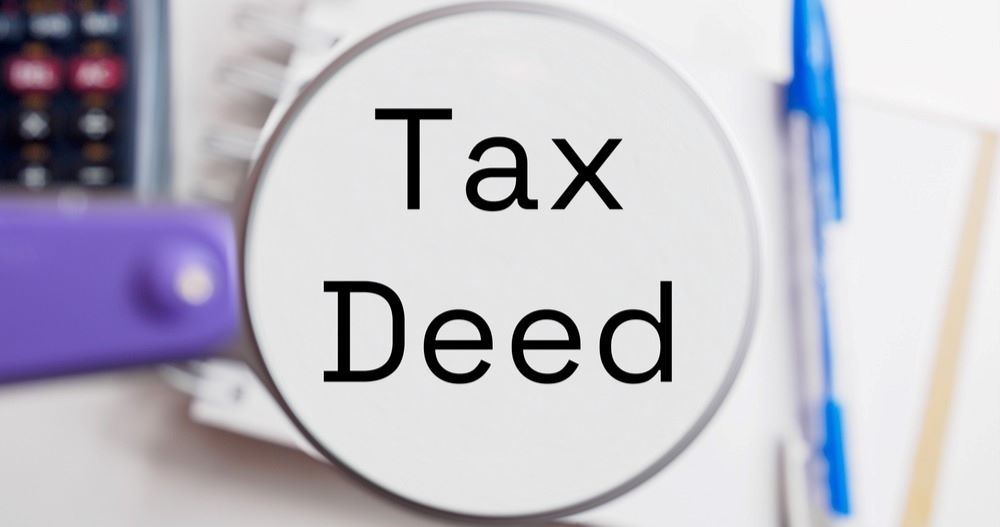
For some investors, the real estate hunt eventually winds up not at open houses but on courthouse steps, or more recently, behind a laptop screen. In Texas, if a property owner doesn’t keep up with their taxes, the county can step in, foreclose, and auction the property to cover the debt. For anyone prepared, these sales sometimes offer a way to pick up real estate at prices that feel almost too good to be true.
That said, this isn’t a game of just raising your hand at the right moment. Winning in tax deed investing comes down to knowing the rules, managing the pitfalls, and leaning on strategies that have proven themselves over time.
The Basics: How It Works in Texas
Here’s the first thing: Texas is different. Some states sell tax liens. You buy the lien, sit tight, and eventually collect interest when the owner pays up. Texas, on the other hand, is mainly a tax deed state. That means you’re bidding on the actual property, not just a lien.
Auctions happen on the first Tuesday of every month, across all 254 counties. The opening bid? Usually, the amount of back taxes plus penalties and legal fees. If you win, you walk away with a sheriff’s deed.
There’s one twist: the right of redemption. The old owner can buy back the property by paying you the auction price plus a penalty of 25% within six months, or 50% within two years if it’s a homestead or agricultural land. For investors, that redemption penalty can make the wait worthwhile.
Actionable Strategies for Investors
Tax deed investing isn’t about luck; it’s about preparation. Here’s what seasoned investors usually do:
Do the homework. Not every property is a steal. Some come with hidden liens, terrible locations, or roofs that cave in after the first rain. Check county records, look at liens that survive the sale, and if possible, drive by or get someone local to eyeball the place.
Understand the redemption math. The penalty is calculated on your winning bid, not the minimum owed. So if you bid high, the redemption return scales up. That’s important when weighing how far to push during bidding.
Spread out. With 254 counties holding sales every month, it makes sense to diversify. Focusing only on one spot limits your odds and concentrates your risks.
Check struck off properties. If a property doesn’t sell at auction, counties often hold it as "struck off." Sometimes you can grab these directly from the county later, often at lower prices and without a redemption period.
Trust, but verify. A spreadsheet only tells part of the story. Calling a local realtor, knocking on a neighbor’s door, or even pulling a broker's price opinion can reveal what data is missing.
Managing the Risks
The other side of the coin: these deals aren’t risk free. Some properties look shiny in the records but hide nasty surprises like code violations, environmental issues, or repairs that blow your budget.
Smart investors usually set up guardrails, such as:
- Title review to catch surviving liens or encumbrances.
- Securing and insuring properties right after purchase.
- Diversification across multiple properties so one bad deal doesn’t sink the ship.
- Realistic valuations using third party opinions instead of guesswork.
And maybe most important, patience. Not every auction is a win. Sometimes you sit out and wait. Other times, you buy, hold, and let the process play out. Treating it like a repeatable system, not a lottery ticket, is what separates long term success from frustration.
Final Thoughts
Texas tax deed investing has a lot going for it's frequent auctions, clear rules, and a huge range of properties. But the real edge comes from the basics: solid research, a plan for risk, and the discipline not to chase every shiny opportunity.
If you put in the work and treat the process with respect, tax deed sales can become a steady pipeline of deals. Just remember: it’s not always fast, it’s not always easy, but it can be worth it.